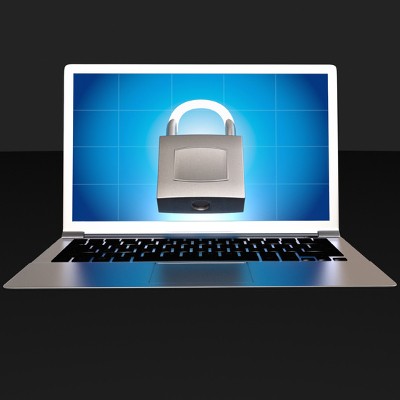PCSOFT Blog
Ransomware Hit PC Users for $325 Million in 2015 Alone
Of the many types of malware in the online environment, few are as dangerous as the notorious ransomware. As a threat that’s capable of instantaneously locking down your files and preventing you from accessing them, hackers will add insult to injury by demanding a ransom for the safe return of your files. How can your business prevent this growing threat from setting its sights on your assets?
Ransomware has the power to completely destroy your business’s data by removing access to important files. It encrypts the files stored locally on your PC, with more powerful variants being capable of spreading throughout your network infrastructure. The only way to get the files unlocked is by paying the hacker to provide a decryption key. In 2015 alone, ransomware cost users over $325 million, which makes it an exceptionally lucrative business for hackers. Ransomware usually finds its way into systems through infected email attachments. Ransomware takes advantage of inexperienced or unaware users who fall for the trick and download the infected file.
Many kinds of ransomware will use fear to their advantage. They count on users reacting rashly to their hacking schemes. For example, one type of ransomware may pose as the Federal Bureau of Investigation, which may claim that the user has illegally downloaded copyrighted material or is in the possession of incriminating pornography. Others may masquerade as members of local law enforcement, who demand that a fine must be paid in order to ensure the safe return of their files. Some ransomware, on the other hand, will make absolutely no effort to hide their true intentions, and will instead openly demand that the ransom be paid, not caring whether or not people know that a hacker is responsible. Either way, they want you to pay up, and if you don’t, they’ll threaten to lock down your files for good.
The most common kind of ransomware is known as CryptoLocker. It’s your typical ransomware: it locks down files and demands a ransom for the decryption key. This ransom often must be paid in Bitcoin through the anonymous web browser, Tor, which makes it difficult for law enforcement to locate the criminal who set the scheme in motion. A more dangerous version of CryptoLocker, CryptoWall, is capable of locking down data on workstations and can spread across your entire network infrastructure, encrypting data and making it near impossible to recover. This means that it only takes one infected system to completely lock down your network.
In instances like these, you want to have your files backed up somewhere safe where the ransomware can’t encrypt them. If your files aren’t backed up, you might feel like you have no choice but to pay the hackers for the decryption key. If you’ve been infected by ransomware, and you’re considering just forking over the ransom, it’s important that you should never pay the ransom. What would happen if you paid the ransom, and the decryption key doesn’t work, or they refuse to hand it over altogether? If you ever do get infected with ransomware, you should contact trusted professionals who are skilled with working with technology and online threats.
However, it does need to be mentioned that the likelihood that your data is recoverable, without having it backed up, is slim at best. Many types of ransomware use powerful encryption protocol that’s difficult to crack, and it’s not a guarantee that even the most tech-savvy IT technician can unlock your data. Instead, it’s important that you take full advantage of powerful security solutions to avoid getting hit with ransomware, threats, and user errors in the first place. Spam-blocking solutions can prevent phishing emails from finding solace in your email inbox, and having a strong firewall and antivirus solution can help you defeat threats that you encounter. Look no further than the IT professionals at PCSOFT to protect you from any online threat.


Comments